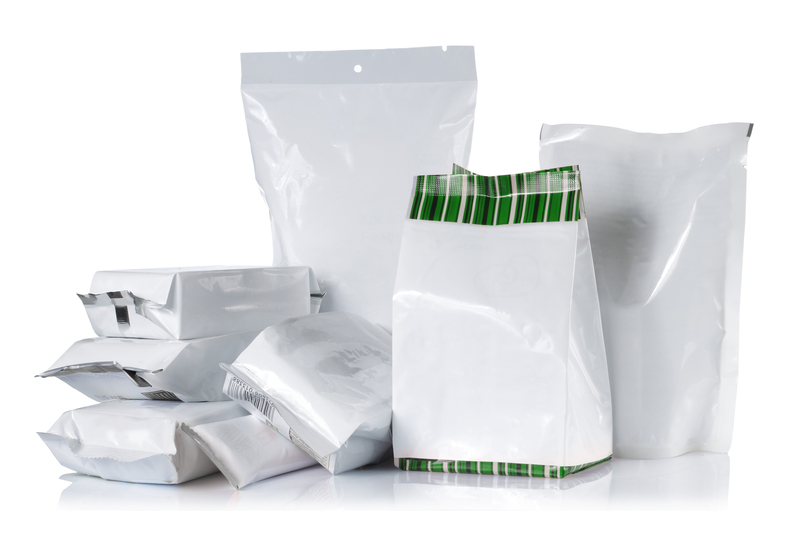Ranking London's Recycling & Cleanliness Among Cities
Posted on 14/11/2024
London, the capital city of England and one of the largest cities in the world, has made significant strides in recent years to improve its recycling and cleanliness efforts. As a bustling metropolis with a population of over 9 million people, it is no easy feat to keep the city clean and promote sustainable waste management. However, London has consistently ranked among the top cities in the world for its recycling rates and overall cleanliness. In this article, we will delve into the factors that have contributed to London's success in these areas and how it compares to other global cities.
The Top Recycling City in the World
In a study conducted by Eunomia Research & Consulting, London was named as the top recycling city in the world for 2020. The study evaluated 15 major cities around the globe on various aspects of their recycling programs such as the percentage of household waste recycled, reuse and composting rates, and landfill diversion rates. With an impressive overall recycling rate of 52%, London beat out other major cities like Berlin, Paris, and New York. This achievement is largely due to the successful implementation of policies such as mandatory food waste collection, pay-as-you-throw schemes, and extensive education campaigns.

Street Cleanliness Initiatives
Apart from its high recycling rates, London has also been praised for its efforts towards keeping its streets clean. The Mayor of London launched an ambitious street cleansing strategy in 2019 with a goal to make London's streets litter-free by 2028. This plan includes measures such as increased street cleaning services, stricter enforcement of littering laws, and public awareness campaigns. The results have been promising, with significant reductions in litter across various parts of the city.
The Role of Technology
In addition to policy changes and community initiatives, technology has played a crucial role in boosting London's recycling and cleanliness efforts. The city has implemented innovative waste management systems such as smart bins that use sensors to monitor waste levels and alert collection services when they need to be emptied. This has not only reduced overflowing bins and litter but also improved the efficiency of waste collection services.
Pros
London's success in ranking as one of the top recycling and cleanest cities in the world has brought many benefits for its citizens and the environment. The increase in recycling rates has led to a decrease in landfill volumes, reducing greenhouse gas emissions and preserving natural resources. The cleaner streets have also had a positive impact on public health and tourism, making London a more attractive destination.
Cons
Despite its achievements, London still faces challenges in maintaining its high standards of recycling and cleanliness. With a growing population and limited land for new waste facilities, the city needs to continue to find innovative solutions to manage its waste effectively. There have also been concerns raised about inconsistencies in recycling policies across different boroughs, which can lead to confusion among residents.
Tips for Improving Recycling & Cleanliness
While London's efforts have been impressive, there is always room for improvement. Here are some tips that can help other cities improve their recycling and cleanliness rankings:
- Implement mandatory food waste collection: This has proven to be an effective way to reduce the amount of waste sent to landfills.
- Invest in public education: Raising awareness about proper waste management practices can go a long way in encouraging residents to recycle and keep their surroundings clean.
- Utilize technology: Smart bins, waste tracking systems, and other technological advancements can help streamline waste management processes and improve efficiency.

Takeaways
London's success reflects the importance of strong government policies, community involvement, and technological advancements in achieving sustainable waste management practices. It serves as a great example for other cities looking to improve their recycling and cleanliness efforts. However, it is crucial to continuously evaluate and adapt these strategies to meet the changing needs of a growing city.
Conclusion
As we have seen, London has set an impressive standard for recycling and cleanliness among cities around the world. Its achievements can be attributed to a combination of effective policies, community participation, and technological advancements. While there are still challenges to overcome, London's continued efforts in this area will surely inspire other cities to follow suit and strive towards a cleaner and greener future.
Latest Posts
Environmental Harm from Poor Waste Practices

 020 3744 5548
020 3744 5548










